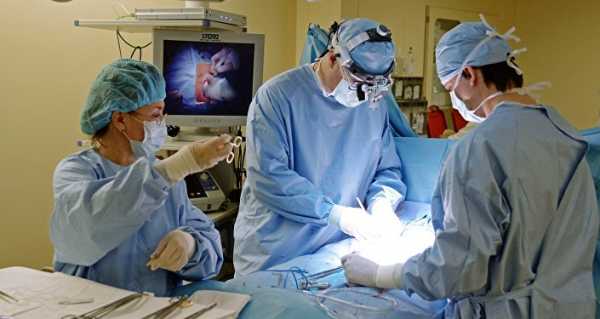
Scientists at the National University of Science and Technology MISiS (NUST MISiS) have managed in cooperation with their Russian and foreign colleagues to improve the technology of the production of shape memory alloys.
According to researchers, the new method will help boost the reliability of the existing surgical instruments and design a string of new ones. The results of the research were published in the journal JOM.
With Ti-Ni, the maximum reversible deformation may be achieved by arriving at ultra-fine grain structure through thermomechanical processing at temperatures that don’t exceed 600 °C. However, as the researchers noted, modern technologies of manufacturing titanium nickelide presuppose melting and processing at 800 to 900 °С, which renders it impossible to produce massive shape memory alloy samples with ultra-fine grain structure.
NUST MISiS specialists say they have managed to determine the parameters of thermomechanical processing of titanium nickelide, which will allow for the production of massive objects made of shape memory alloys not only with the needed nanostructure, but also with increased functionality.
The use of titanium nickelide, which has been nano-structured in line with the new technology, the researchers suggest, will help to significantly cut the metal intensity and boost the reliability of devices based on the shape memory effect.
During the research, NUST MISiS academics for the first time arrived at deformation diagrams and scrutinised the formation of the structure of shape memory alloys at temperatures under 600 °C, the most appropriate for the buildup of nanostructures.
The scientists say the analysis of the obtained data enabled them to determine the temperature diapasons of the dynamic process of restoration, polygonization and recrystallization of SMAs.
The research involved academics at the Baikov Institute of Metallurgy and Materials Science of the Russian Academy of Sciences, as well as Freiberg University of Mining and Technology, Germany.
The team will go on to work out recommendations on how to conduct thermomechanical processing of the alloy Ti-Ni in industrial conditions. The researchers are certain that the SMA with ultra-fine grain structure and boosted functional characteristics will help develop a whole new generation of medical instruments based on the shape memory effect.
Sourse: sputniknews.com






